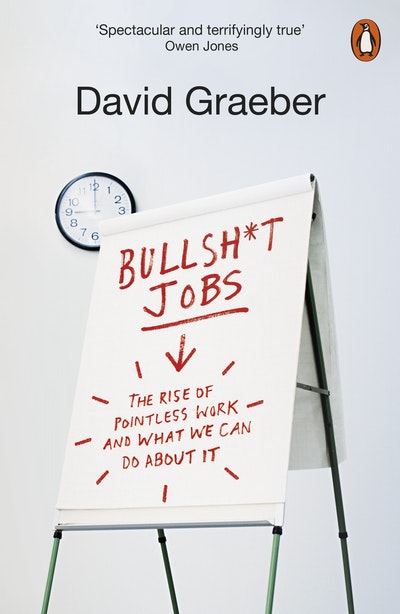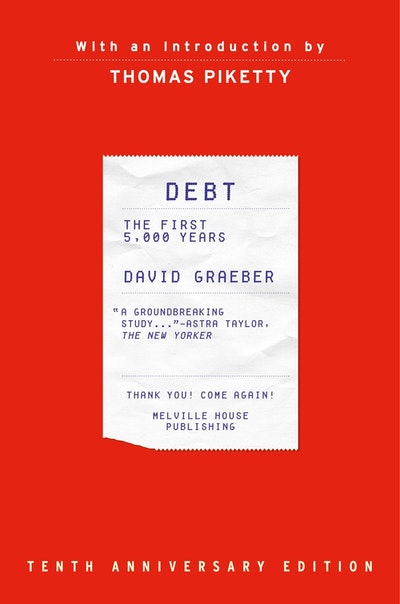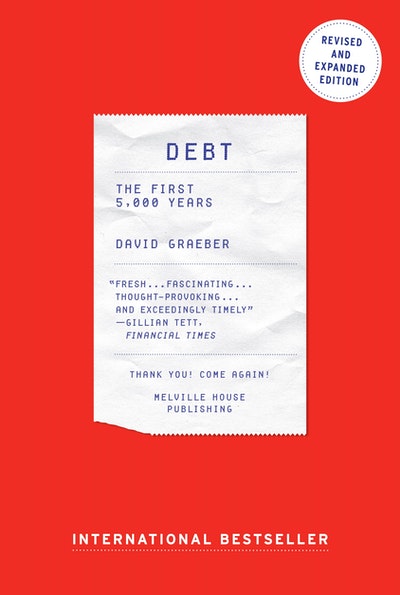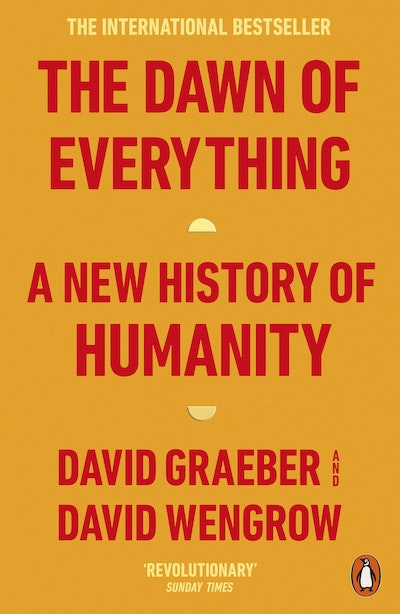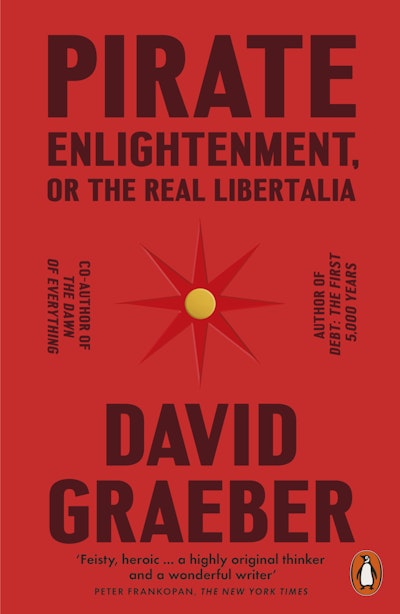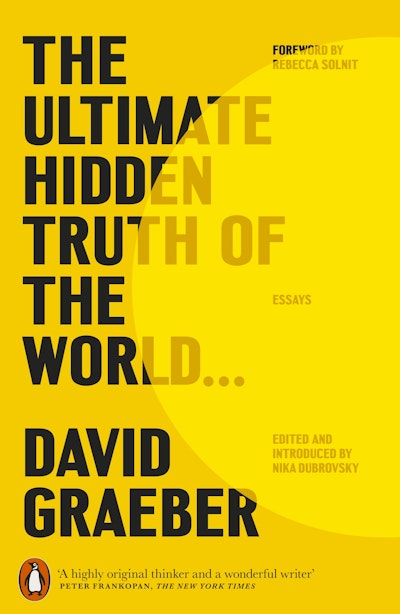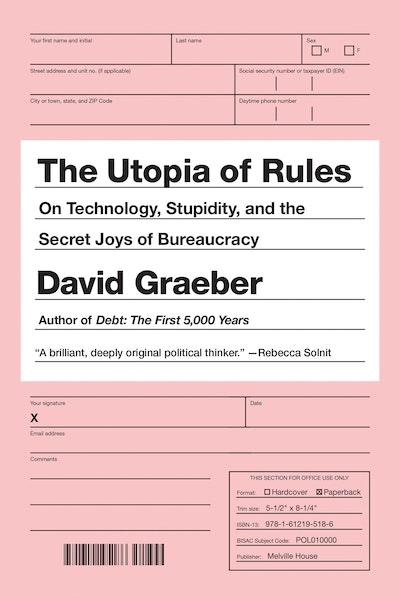- Published: 3 May 2018
- ISBN: 9780241267363
- Imprint: Penguin eBooks
- Format: EBook
- Pages: 368
Bullshit Jobs
A Theory
- Published: 3 May 2018
- ISBN: 9780241267363
- Imprint: Penguin eBooks
- Format: EBook
- Pages: 368
Spectacular and terrifyingly true. David Graeber's theory of the broken capitalist workforce is right - work has become an end in itself. A timely book from the most provocative anthropologist and thinker of our time.
Owen Jones
Equally explosive, my anarchist friend, David Graeber, yet again has thrown a hand grenade into the political economy debate with his Bullshit Jobs (Allen Lane), a call to strike out for freedom from meaningless work.
John McDonnell, New Statesman, Books of the Year
Here's a gift for a friend working in PR or HR. David Graeber's thesis is that they are working in"bullshit jobs". A bullshit job, he says, is one that its holder knows to be pointless or pernicious even though they must pretend otherwise. There are five sorts: flunkies (commissionaires, receptionists), goons (lobbyists, lawyers), duct tapers (who sort out problems others have created), box tickers, and taskmasters (management). It's a provocative case ... but you get the feeling he is on to something; there do seem to be a lot of pointless jobs in the modern economy
Robbie Millen, The Times, Books of the Year
Anthropologist David Graeber embarks on a provocative quest to find and explain the existence of countless mindless and pointless roles. He divides them into "flunkies", "goons", "duct-tapers", "box-tickers", and "taskmasters". It is an entertaining, if subjective study of a problem and an examination of potential answers, including a universal basic income.
Andrew Hill, Financial Times, Business Book of the Year
Anthropology professor and colourful anarchist David Graeber has opened a Pandora's box of the modern era by questioning the relevance of the swollen ranks of middle management and bullshit jobs that have cropped up across a variety of industries. A controversial but thought-provoking endeavour
City AM Book of the Year
An LSE anthropologist with a track record of countering economic myths through a mix of anecdote, erudition, and political radicalism, Graeber is as good an analyst of the increasingly cowpatted field of modern employment as one could wish. And entertaining and thoroughly depressing read... it is extremely thought-provoking
Tim Smith-Laing, Telegraph
A provocative, funny and engaging book... that captures the imagination and deserves our attention
Financial Times
